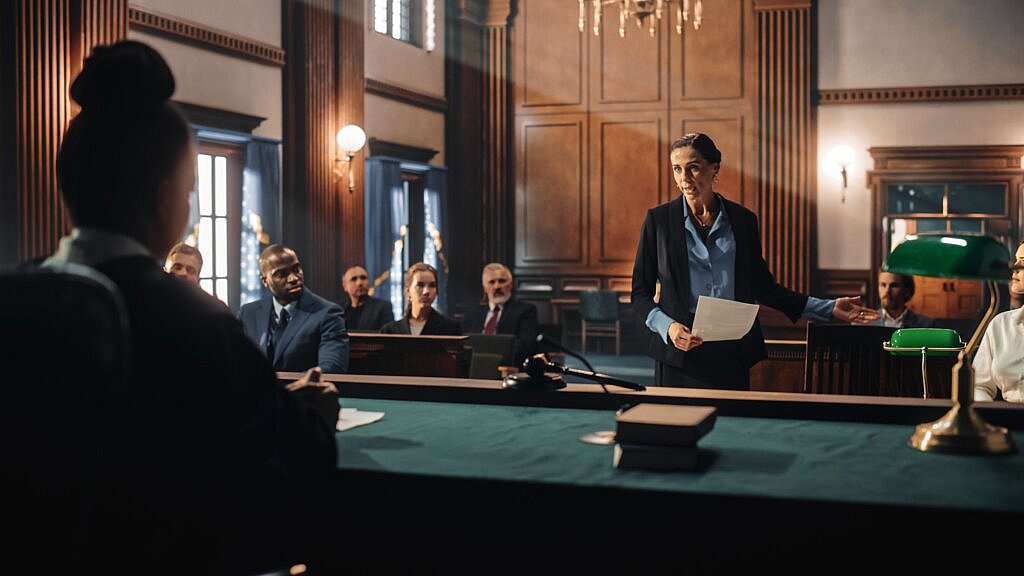
As we’ve written before, Virginia courts are unforgiving when it comes to statutes of limitations. Stated another way, if you let the statute of limitations pass on your personal injury claim without settling your case or properly filing it in court, you lose. Inherently, this also means making sure you actually know the SOL in your case.
This case dealt with the SOL for an accident that involved a criminal prosecution.
In some instances, the Virginia Code tolls (or pauses) the SOL in a case. One such example is under Virginia Code Section 8.01-229K. Under that Code Section, the SOL for “any personal action for damages” is tolled during the pendency of a criminal prosecution. That Code Section, however, did not discuss Wrongful Death claims, which Virginia Law treats differently than Personal Injury Claims.
In the case, a 2-year-old wandered off of her grandparent’s property and was struck by a hit-and-run driver. As a result, the Plaintiff (the Estate for the 2-year-old) sued the driver as well as the grandparents for negligent supervision. However, the estate for the child fild suit more than 2 years after his death. In response, the grandparents filed a “plea in bar” stating that the suit was brought beyond the SOL. What’s more, they asserted that the tolling provision of Section 8.01-229k did not apply because the suit was for Wrongful Death and not Personal Injury. Tragically, the Court agreed, and the case was dismissed against the grandparents.
Wait, the estate of the toddler sued the grandparents?
To be clear, this does sound quite odd. And while we were not privy to the actual reasoning here, it’s very typical for family members to sue one another in Virginia courts. The reason is that it is likely that a suit is required (even against a family member) to trigger coverage from that person’s insurance policy.
Here, it’s likely that the grandparents had a homeowner’s insurance policy, which covered claims for negligent supervision. And it’s very possible that the grandparents understood the suit was coming and may have encouraged it to compensate the toddler’s estate.
While this may seem bizarre, it’s quite common because of how insurance works here in Virginia. Indeed, at Abrenio Law, we often times are compelled to sue the spouse (or other family member) of a client because they were being driven as a passenger in the car, and that family member may have been at fault for their injuries.
As we tell clients often, in many ways personal injury lawsuits are glorified insurance claims. You are compelled to file suit to obtain compensation for someone’s injuries.
Wait, the grandparents used a legal loophole to avoid blame?
Again, no one at Abrenio Law is privy to the facts of this case. So, we don’t know exactly what happened here. However, this does bring up a good opportunity to remind folks that insurance companies, even the ones you pay premiums to, are not your friends. And their duty is to their shareholders and to pay as little as possible for any given claim.
Therefore, often, insurers will take positions against their own insured to deny claims. Here, it’s quite possible that the grandparents had little involvement in this plea in bar and disagreed with its outcome. Even when the outcome is tragic.
This is a good reminder that if you are injured in an accident, you need to take steps to protect yourself. That means doing your best to document how the accident happened, document your injuries and recovery, and make sure to take steps to preserve any and all claims. This obviously includes making sure that you don’t let your SOL pass without having properly preserved your claim.
Still have questions?
Make sure to check out our Personal Injury & Criminal Defense Practice Pages where we’ve answered many other questions you likely have. Abrenio Law is a Personal Injury & Criminal Defense Law Firm representing individuals in Northern Virginia and throughout the Commonwealth. You can learn more about Abrenio Law by visiting our About Us page. You can also read about some of our Prior Results, and Read Our Reviews. Make sure to contact us at Ph. 703-570-4180 for your Free Consultation.
